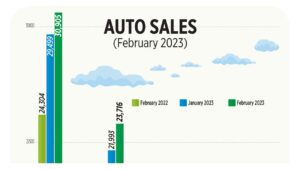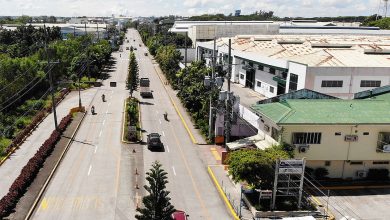Senator Marcos urges gov’t to diversify wheat sourcing, develop non-wheat flours

The government needs to diversify the Philippines’ sources of wheat and to explore using other raw materials for flour, to keep rising commodity prices from filtering into inflation, Senator Maria Imelda Josefa Remedios R. Marcos said Friday.
“Bread and noodles prices will reflect the volatility of wheat prices caused by the war between Russia and Ukraine, the world’s main wheat exporters,” she said in a statement. “Since flour millers import all their wheat requirements, their production costs will swing with higher wheat prices and be passed on to bread producers and on to consumers.”
She said that US may be the Philippines’ main supplier of wheat but the banking and transport sanctions against Russia could reduce the international wheat supply and increase prices.
“Add to that the high cost of LPG (liquefied petroleum gas) and you can expect the price of pan de sal made in community bakeries to go up. Snack time may have to go,” Ms. Marcos said.
Ms. Marcos also proposed to turn to China as an alternative wheat source.
“Let’s break bread with China and get a better deal on wheat prices, while maintaining reliable trade with the US and Australia,” she said. “Why do we still import non-wheat flour from Thailand and Vietnam when we can plant and harvest our own raw sources like rice, corn, camote (sweet potato), cassava, potato, and monggo (mung bean) in a similar climate?”
She also said that non-wheat flour could be a solution both to hunger and the increasing price of flour.
“Let’s rediscover non-wheat flour as a solution not only to the rising cost of regular flour but also to persistent hunger and malnutrition, with protein-rich peanut and malunggay (moringa) in the mix,” Ms. Marcos said. – Jaspearl Emerald G. Tan




